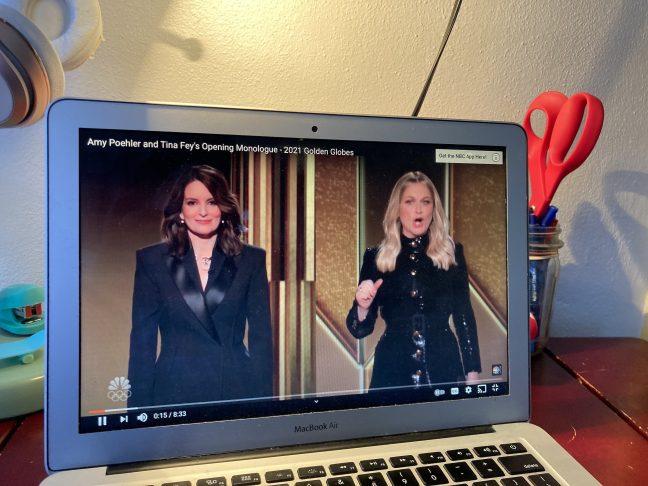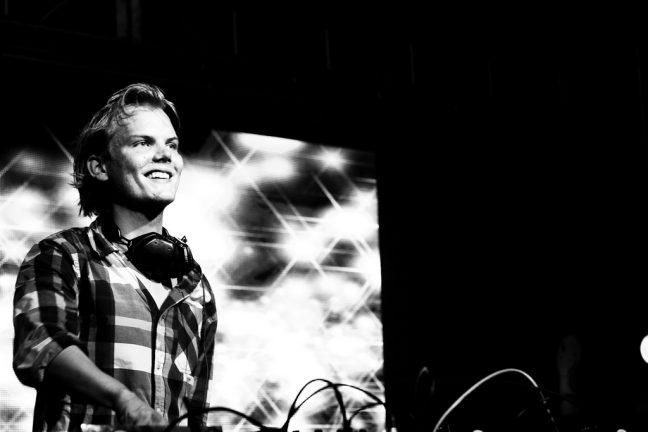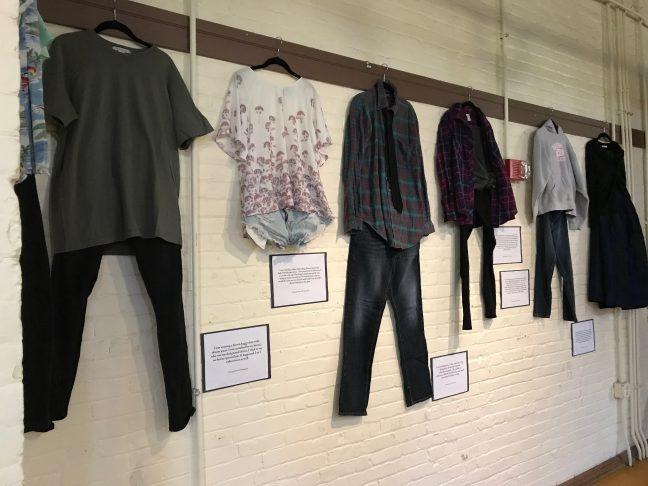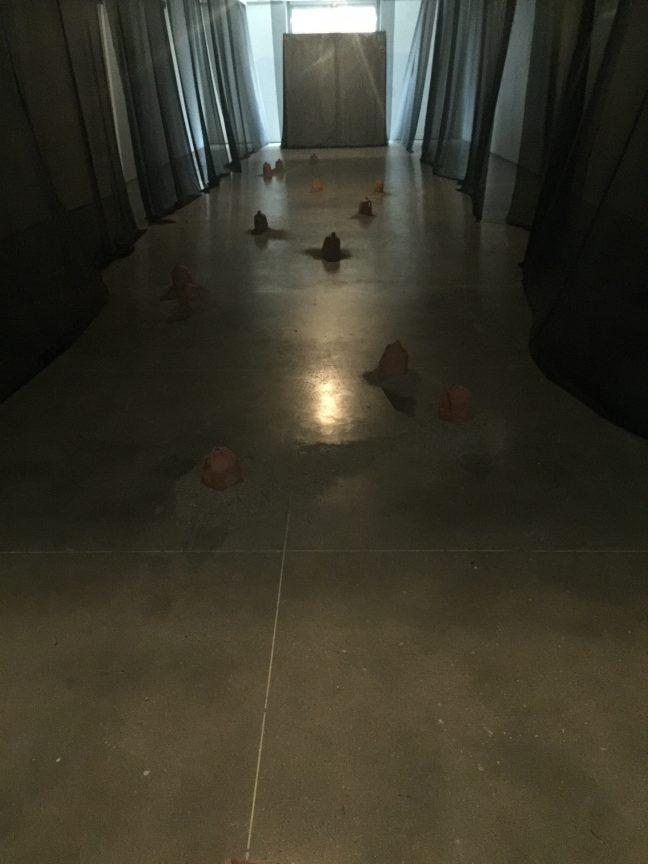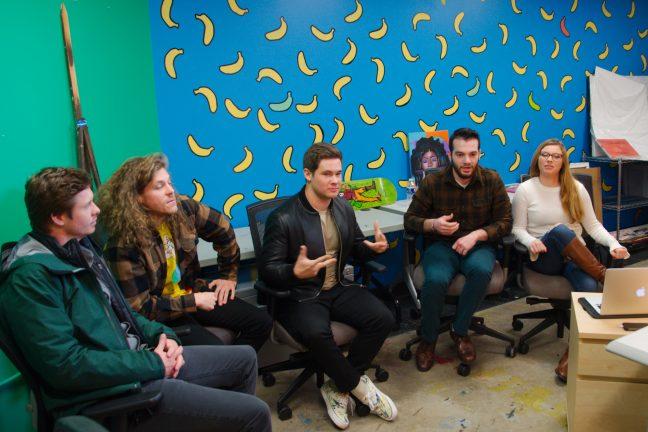This past Friday marked the 17th annual Day of Silence, a day of silent protest for the LGBTQ community. But at the LGBT Campus Center, Friday was about breaking the silence through [un], a new zine featuring art by LGBTQ community members and allies.
Anyone can participate in the Day of Silence, which asks people who identify as LGBTQ and supporters to remain silent for a day to protest bullying, harassment and oppression of their peers. Similarly, [un] offers something for anyone willing to consume its art, regardless of labels.
Although the zine caters primarily to an LGBTQ audience, Editor Paula Andrea Bolander indicated the zine’s vast accessibility is inherent in the name.
“We were throwing around names like unicorn, … and we realized that there are 3,800-something words that start with ‘un-,’ so everyone can find one that applies to them,” Bolander said.
The first page in the zine offers about 20 different uses of “un-,” from the fun, like unicorn and underwear; to the proud, in unmasked, unchained and united, to hard truths like uncomfortable, undermined and underrepresented.
Bolander, who goes by LaLa, said the best word to describe her is “unbreakable.” Gabe Javier, director of the LGBT Campus Center, opted for a more playful word: “unicorn.” He also shared some insight about challenging connotations, specifically those that consider “un-” to be a negative prefix.
“Some people think of ‘un’ as negative, … but then if you think of it in the context of unlearning something, unlearning oppression, it becomes more powerful,” Javier said. “If you unlearn something, what’s going to fill the space”?
This rethinking of connotations and norms that Javier expressed is evident throughout the poetry in [un]. The topics lean toward heavy themes of personal struggle with oppression, whether it be directed at gender norms, sexual identity, race or ethnicity. Nearly each piece shares a cathartic expression of coming to terms with oneself despite considerable road blocks.
And the self-realization is something nearly everyone goes through at some point in his or her young life.
Such stories transcend age, as Linda Lenzke demonstrates. Her essay titled “When Did I Know”? is the first story in the zine. A 62-year-old lesbian woman, she tenderly recalls the first time she felt a strong physical attraction to a person, beyond just a crush. The person was a girl, and they were classmates; Lenzke was in sixth grade. But the fact that Lenzke is three times the age of other contributors hardly seems relevant. The emotions she expresses could apply to anyone, gay or straight, male or female.
Lenzke’s essay and other written works in [un] may represent pure self-expression, but they also open a forum for discussion about LGBT, racial and ethnic oppression. Many of the authors and artists have known that oppression firsthand, and the poetry attests to their experiences. Many of the realities can be hard to digest for the reader that hasn’t experienced them firsthand. The zine aims to spark conversation among all types and does so verbally as well as visually.
“We were thinking of ways to make ourselves more visible, and I think the best way to do that is through art,” Javier said.
Punctuating the written art in the zine are visual art pieces – sketches, paintings, photos and other media – influenced by similar themes of oppression and identity and now on display in the LGBT Campus Center at the Red Gym. Logan Wu created two of those works and designed the zine’s layout, which is simple and elegant, letting the art speak for itself.
The cover grabs you with a female torso silhouette above a rainbow-colored burst, with “[un]” in place of a head, a drawing made by LaLa herself. But it is the back cover that displays possibly the most important “un-” word: “[un]finished,” printed as if to say the “un” movement has only just begun.
Following a Day of Silence, the only people silent at the [un] release party were those enveloped in the zine itself: The contributors’ art and words spoke for everyone there.









